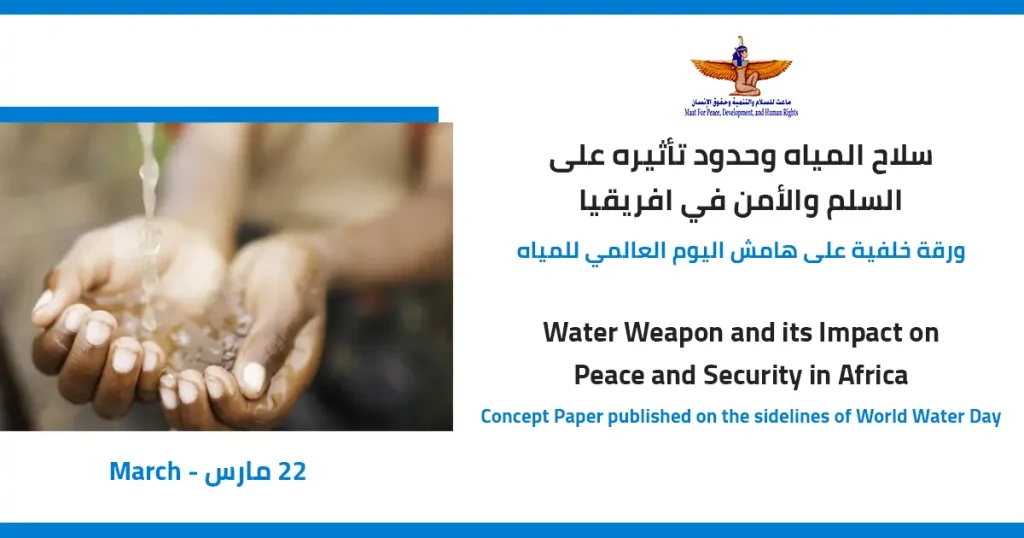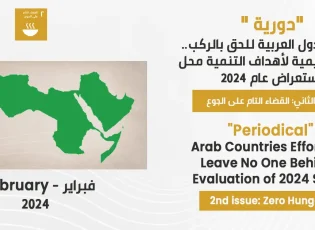Maat Foundation for Peace, Development and Human Rights is participating in the sixty-seventh session of the Commission on the Status of Women at the United Nations in New York, which this year focuses on the importance of dealing with digital rights as a human right that every woman and girl must enjoy.
Maat believes that women being more digitally literate and able to use current technologies will help them improve their economic, social and political conditions.
Founded in June 1946, the Commission on the Status of Women is the world's principal intergovernmental body dedicated to the promotion of gender equality and the empowerment of women. Fifty years later, in 1996, the Commission's mandate was expanded, giving it a leading role in monitoring and reviewing progress and problems in implementing the Beijing Declaration and Platform for Action, and in mainstreaming a gender perspective in the activities of the United Nations.
The Committee's annual session lasts for two weeks during which representatives of UN Member States, civil society organizations and UN entities gather at UN Headquarters in New York to discuss progress and gaps in the implementation of the 1995 Beijing Declaration and Platform for Action, a policy document on gender equality.
The priority and review topics for the period 2020-2024 were identified by Economic and Social Council Resolution 2020/15. The priority theme for this year is “Innovation, Technological Change and Education in the Digital Age to Achieve Gender Equality and Empower All Women and Girls” and the review theme is “Challenges and Opportunities in Achieving Gender Equality and Empowering Rural Women and Girls (Agreed Conclusions of the 62nd Session)”.
In this context, the international expert in the field of human rights, Ayman Aqil, said that access to the Internet is not the ultimate goal, but rather to enable women and girls to use the Internet to improve their lives in various aspects, and access to it will ultimately contribute to achieving many of the goals of sustainable development. He further stressed the importance of addressing this gender digital divide as a human rights issue and that access to the Internet is a human right in itself, as well as an indispensable contributor to the realization of other human rights.
While the researcher in the Sustainable Development Unit at the Maat Foundation highlighted; Farida Ajwa, highlighted the need to enshrine digital rights in national laws so that future governments and presidents can continue to work towards the realization of this right. She stressed the role of civil society in influencing governments to adopt such a law and closely monitor its implementation.











